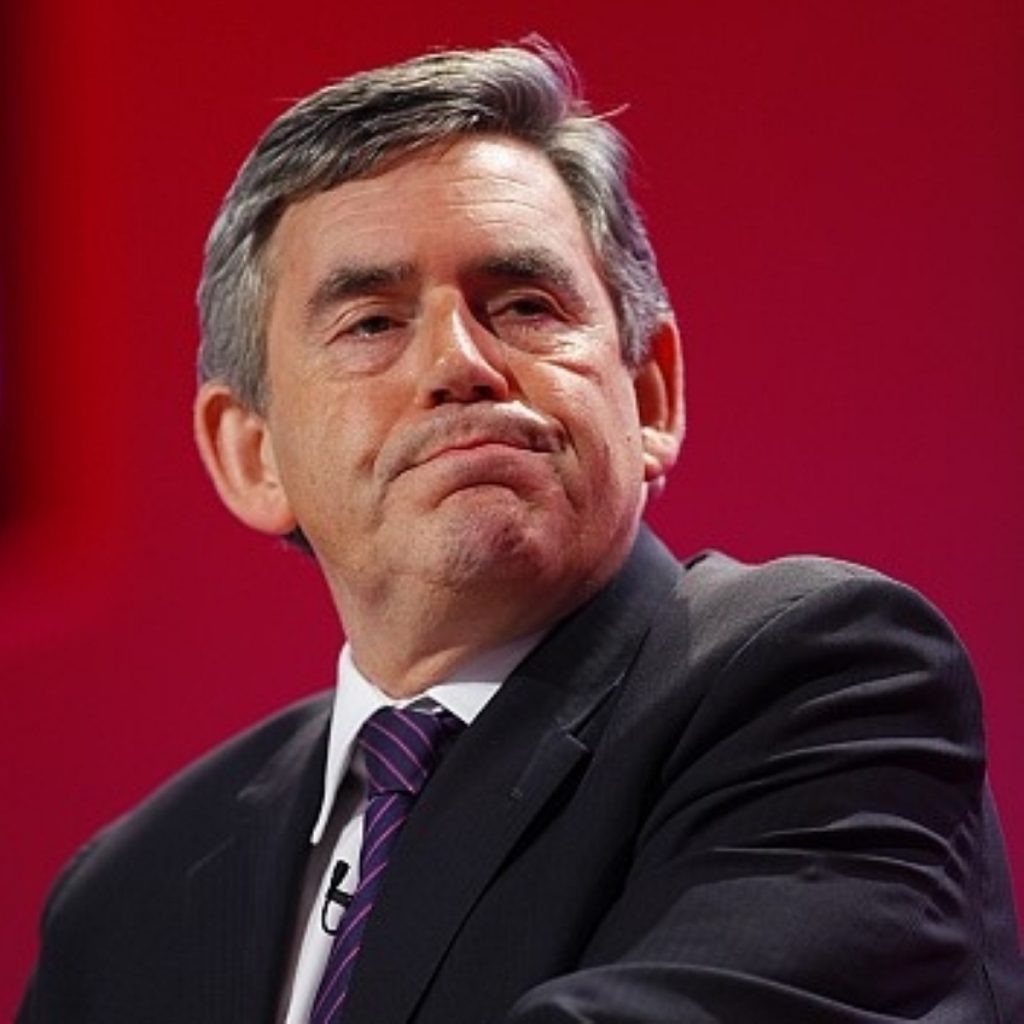Brown ‘marginalised’ on Iraq
By politics.co.uk staff
Gordon Brown was marginalised from the decision-making process in the build-up to war with Iraq, Clare Short revealed.
Speaking on BBC1’s The Andrew Marr Show yesterday morning, the former international development secretary suggested the current prime minister neither supported nor opposed the war.
“In most of the run-up to the war Gordon and Tony were in one of their fallen-out phases and Gordon was marginalised, not included and not in the inner group,” she said.


“He was saying to me ‘they think they’re going to have a quick and successful war and then they’ll be very powerful and they’ll have a reshuffle’.
“He thought they wanted him out of the Treasury, because there was tension about how you spend the money of the government, and they were going to offer him the Foreign Office and he was saying ‘I won’t accept it. I’ll go and join you on the back benches.'”
Ms Short, who gives evidence to the Iraq inquiry tomorrow, quit the Cabinet shortly after the 2003 invasion.
A vociferous opponent of the war, she branded Tony Blair’s evidence to the inquiry “ludicrous”.
On Sunday she recalled the effect of the lost second UN resolution on Mr Blair, and the way it affected his negotiations with Mr Brown.
“At the point… when Blair became totally grey after he failed to get the second resolution – his face was haunted and thin – [John] Prescott got Brown back together with Blair and Brown came behind Blair.
“It was sort of [an agreed strategy of] ‘blame the French’ and mislead people about what [French president Jacques] Chirac’s position was.
“So at that point he came in behind Blair but, for most of the time, he was marginalised.”
Ms Straw was asked if Mr Brown have ever discussed the Iraq topic during Cabinet.
“No,” she replied. “He didn’t speak at all about it until he came back in with the ‘blame the French’ strategy and then he did.
“He didn’t oppose the war. He didn’t support it, but he was preoccupied by other things.”
The description of Mr Brown’s views towards the conflict is generally substantiated by the then-chancellor’s behaviour at the time.
During the controversy over the war Mr Brown rarely, if ever, discussed the matter, leading some parliamentary observers to conclude he opposed the conflict.
Ms Short reserves particular scorn for Mr Blair’s comments at the inquiry last Friday.
“His great big argument that, after September 11th and the attack on the twin towers, there was a danger that rogue states would give weapons of mass destructions to organisations like al-Qaeda, and that’s the reason for going to Iraq – he never argued at the time,” she said.
“And it is ludicrous. There was no link of any kind… between Saddam Hussein and al-Qaeda. So there was no such threat.
“And his claim that it was all going to be fine but then Iran got together with al-Qaeda – that’s not true either. Al-Qaeda hates Shia Muslims and attacks and kills them.
“He kept saying ‘I had to decide.’ We are supposed to have a Cabinet system of government.”












